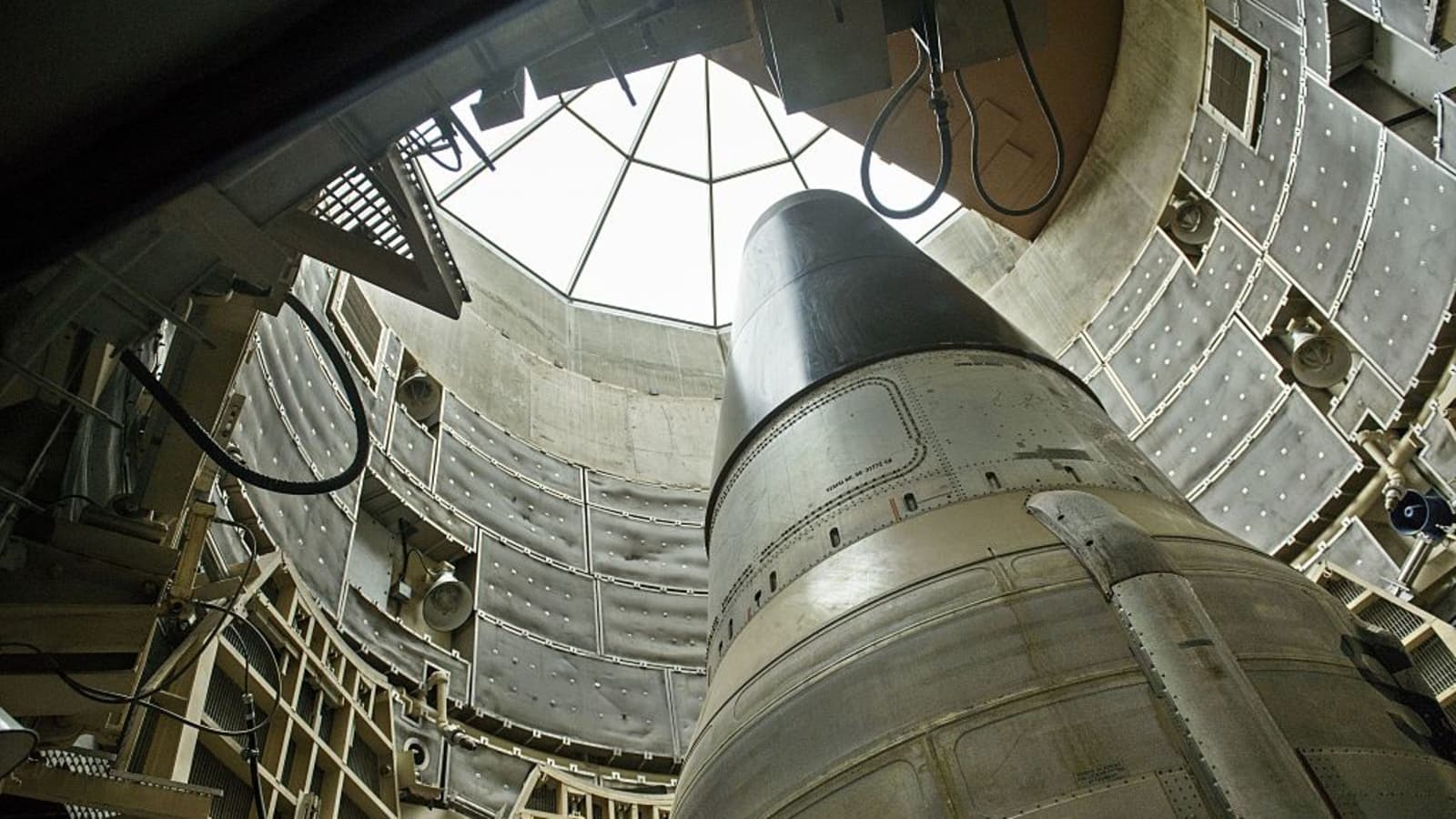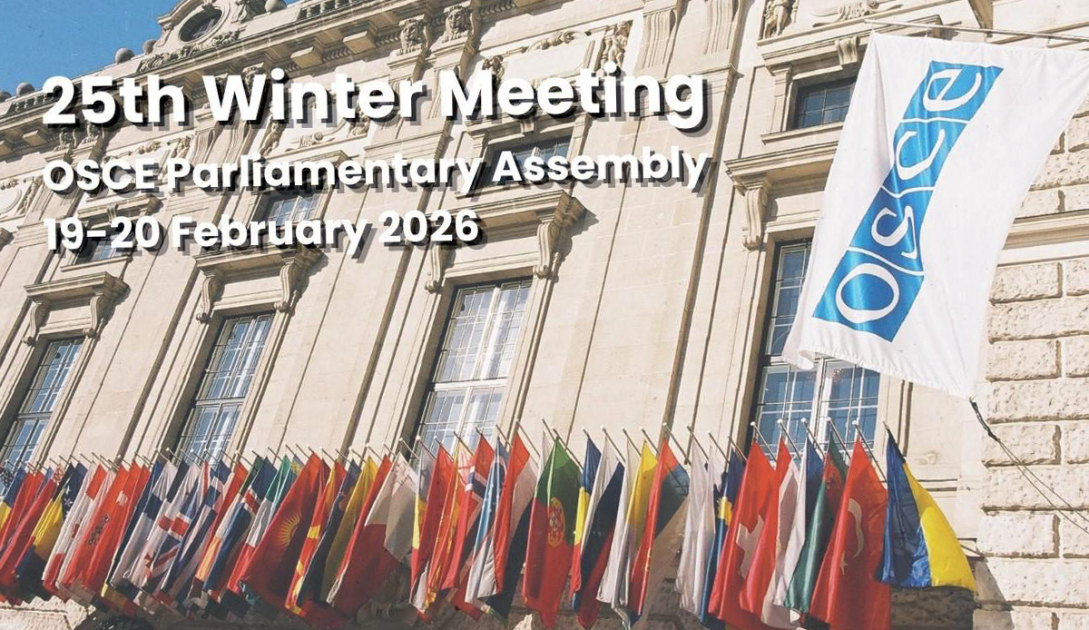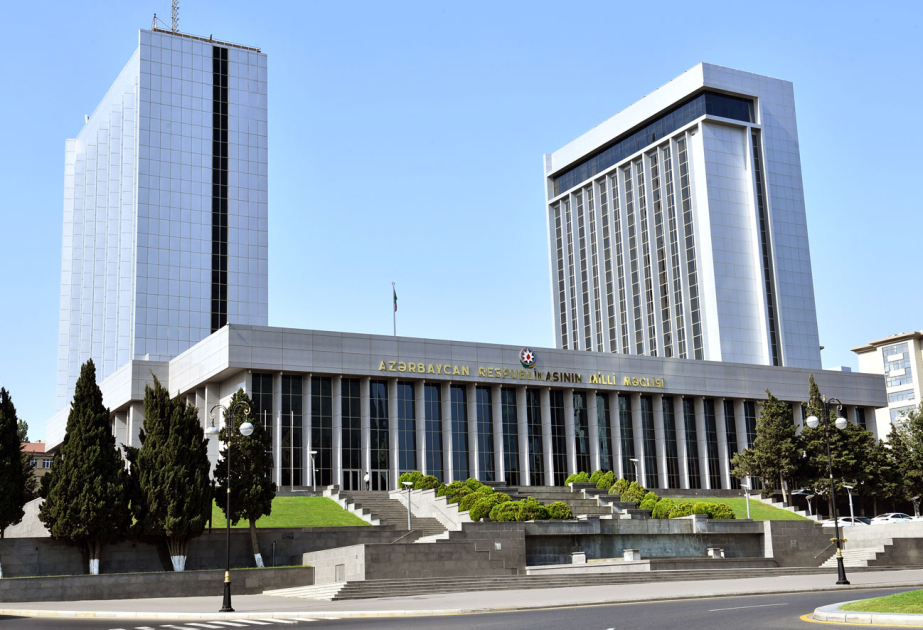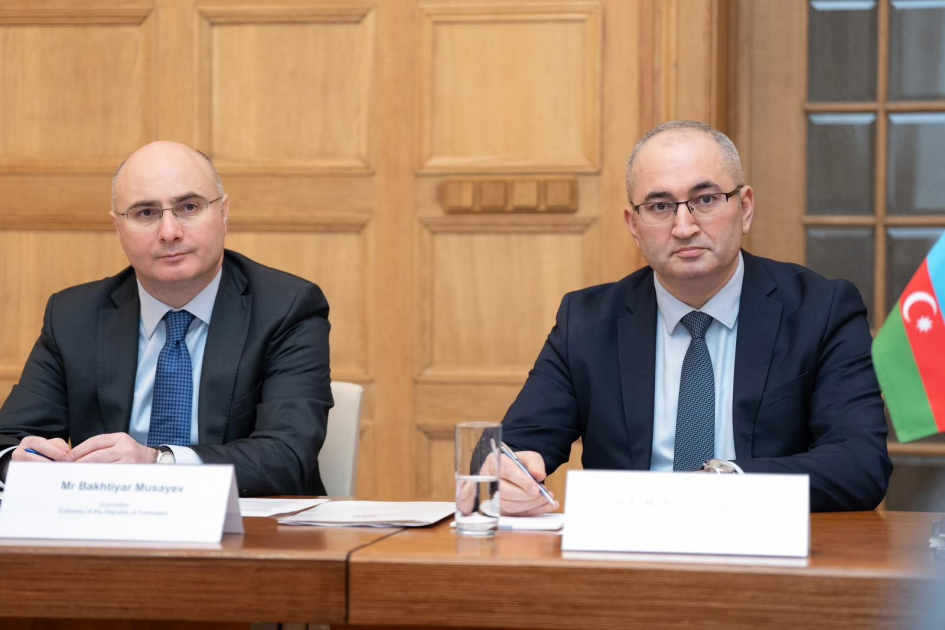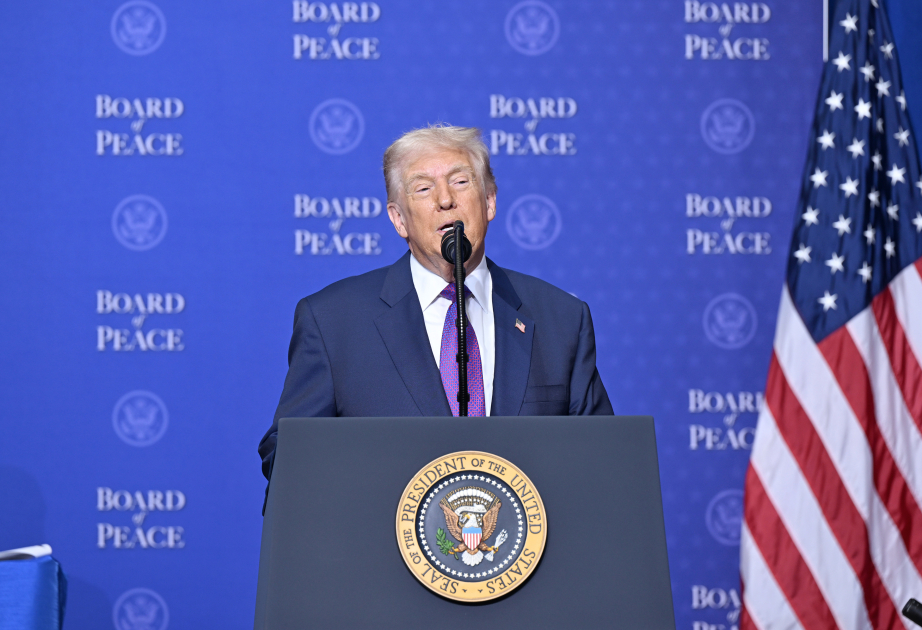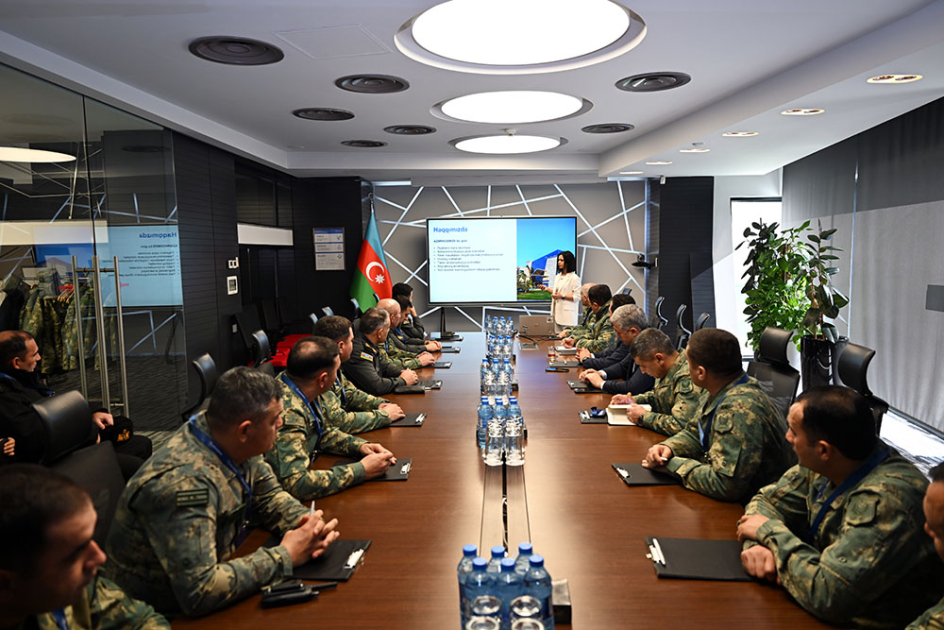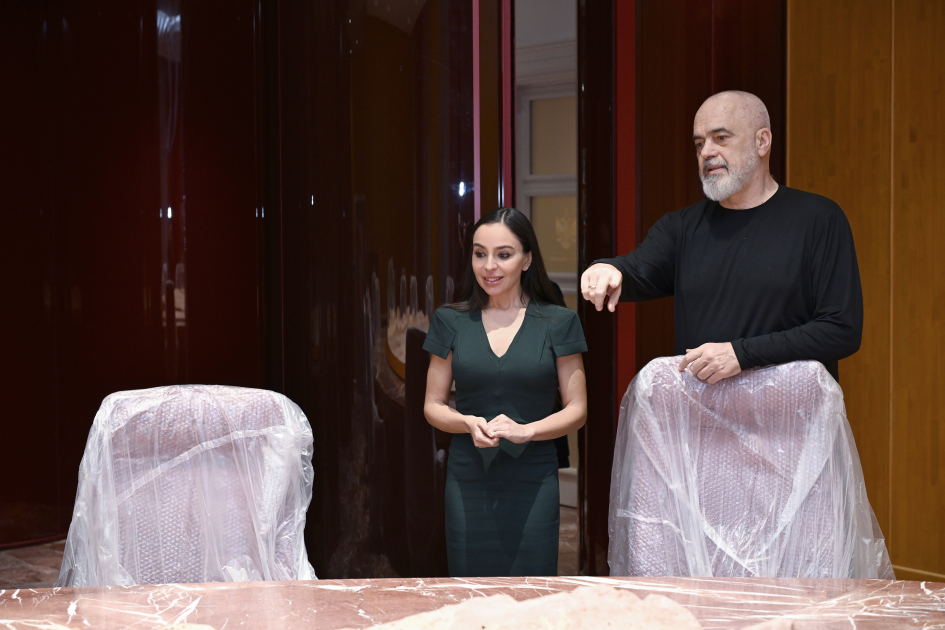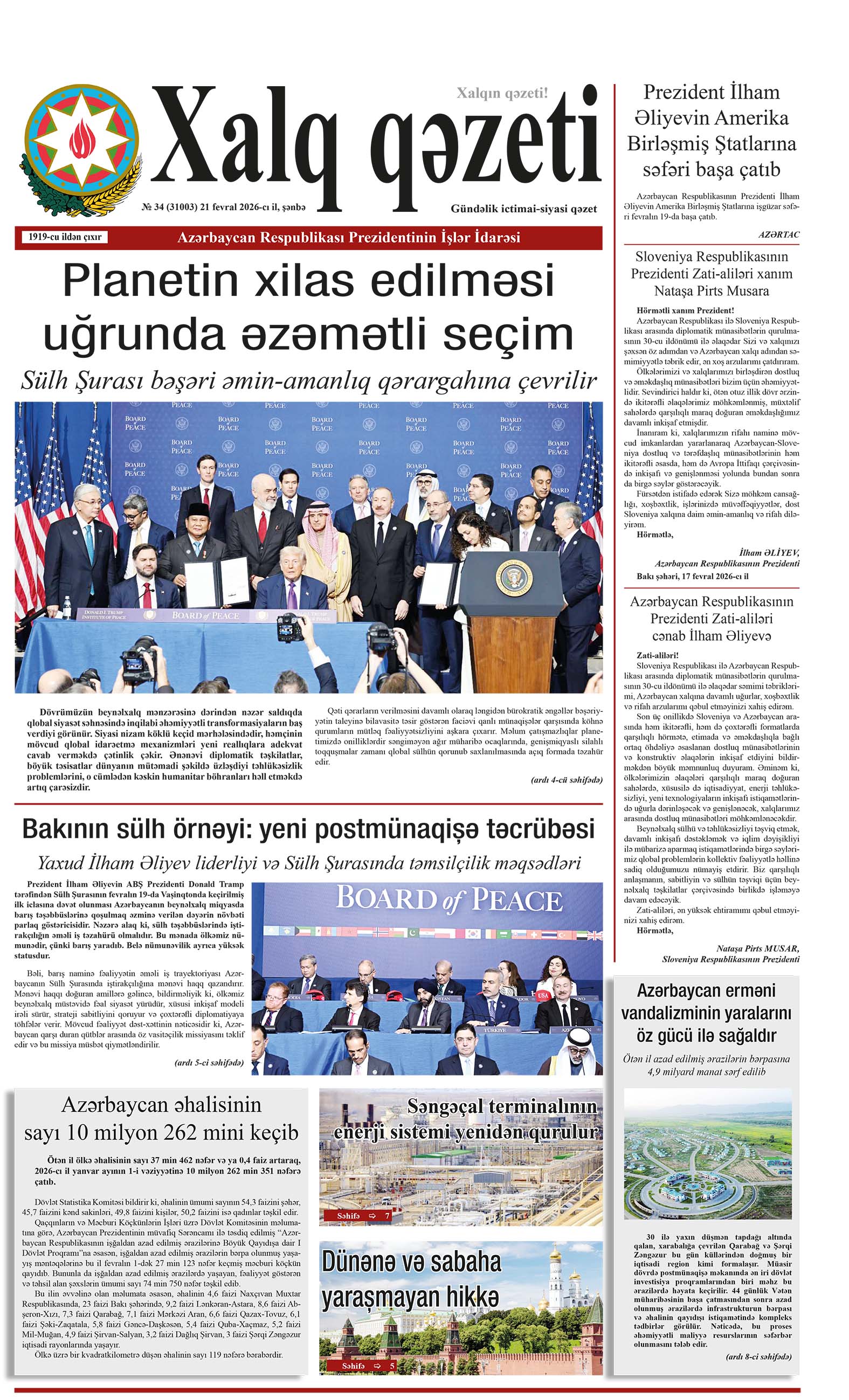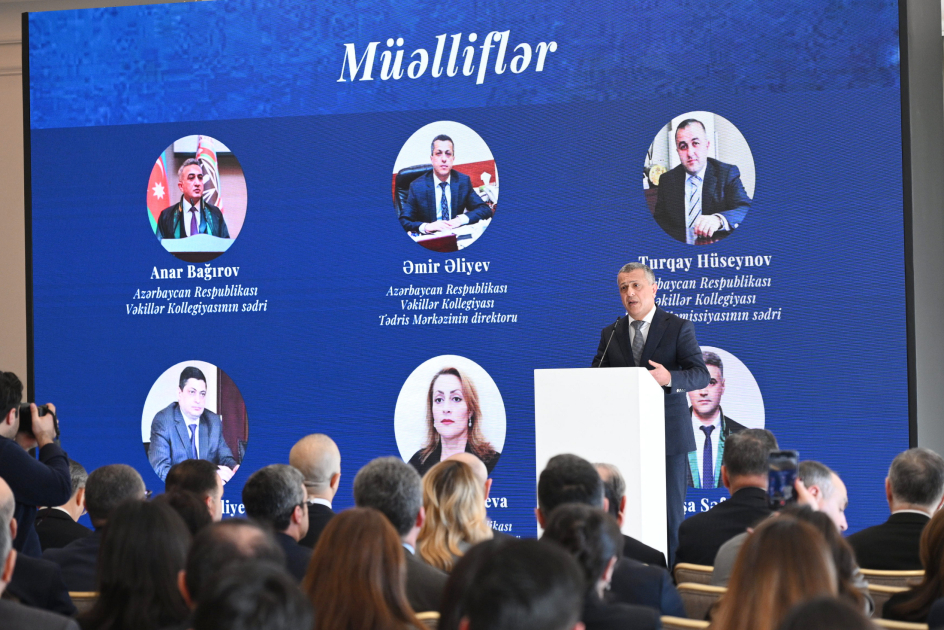Against the backdrop of increased chances of NATO-skeptic Donald Trump returning to the White House, discussions on the importance of securing the country's security without being tied to the United States have become active in Germany. German politicians and experts assign the main role in this issue to the factor of nuclear weapons. Various scenarios are proposed. What is relatively realistic is that security measures must be agreed with France and Great Britain, which have nuclear arsenals. The second option is to buy a thousand warheads from the United States and become a nuclear power. German chancellor Olaf Scholtz considers all these talks pointless.
NATO heads of state and government will meet in Washington this summer to celebrate the alliance's 75th anniversary. On the eve of the anniversary, two new countries joined the organization. Therefore, Alliance participants have serious reasons to celebrate the 75th anniversary in high spirits. However, from the subsequent statements, it can be concluded that everything is not so smooth and the main problem for NATO is not its confrontation with Russia, but the alliance's strong dependence on the United States. Former American diplomat Max Bergman, an expert at the Washington Center for Strategic and International Studies (CSIS), writes: “For decades, the United States has occupied a central position in NATO, leading the defense of Europe and running the organization. NATO's Supreme Commander is always American, and the main guarantor of NATO's security is America's nuclear deterrent. When Europe goes to war, it relies on American aircraft, American military transport and intelligence. If a NATO country is attacked, American troops will lead combat operations."
According to him, at the beginning of NATO's existence, when Europe was recovering after the Second World War, the United States played this role out of necessity. "But Washington is used to handling everything, and European leaders are largely resigned to a secondary role. Europe's dependence on the United States was not perceived as a problem of NATO, but as a characteristic feature," the author notes. But, according to his prediction, this cannot last long: the United States will gradually try to play a less important role in ensuring the security of the North Atlantic Alliance, becoming more and more distracted. According to the expert, this trend will manifest itself regardless of who will come to power in the White House, but the processes will accelerate if ex-president Donald Trump. "A consensus has emerged on both sides of the Atlantic that Europeans are responsible for their own security," the political scientist concludes his article.
Of all the European countries that are members of NATO, this topic is discussed the most in Germany. As the chances of Donald Trump's return to the White House increased, these discussions intensified. Such discussions were spurred by former President Donald Trump's famous speech during the election campaign in South Carolina.
It should be recalled that at the pre-election rally on February 10, Donald Trump complained that all NATO member countries did not spend 2 percent of their GDP on defense and promised to force everyone to "pay their bills". The German leadership called these words irresponsible. Although the American elections are still relatively far away and the chances of Donald Trump's victory are not yet clear, Berlin has begun seriously preparing for the fact that the European NATO countries will soon "face off" with Russia. The answer to the question of how to ensure its own security in such a situation seems simple to some politicians and experts in Germany: Europe needs a German deterrent potential. In other words, the "Old Continent" must have nuclear weapons.
In recent weeks, representatives of all of Germany's main political forces have spoken in favor of Europe acquiring its own full-fledged deterrence capability. In an interview with Der Tagesspiegel magazine, Katerina Barli, vice president of the European Parliament and a candidate for the upcoming elections from the ruling Social Democratic Party of Germany (SPD), doubted whether Europe is reliably protected by the US nuclear umbrella: "Given Donald Trump's recent statements, can no longer be trusted." Ms. Barley admitted that European countries will have to think about ensuring their own security.
German Finance Minister Christian Lindner (Free Democratic Party) in his column for the Frankfurter Allgemeine Zeitung also noted that Donald Trump's statements will prompt Germany and other European NATO members to take a fresh look at security guarantees provided by the United States, including in the nuclear field. should encourage. Former German Foreign Minister Joschka Fischer (who currently represents the "Greens" party, which is part of the ruling coalition) in an interview with the newspaper "Die Zeit" called on the European Union to achieve its "deterrence potential": "Everyone who is familiar with the Russian mentality knows that they only Americans are taken seriously. Why? Because they are used to it since the Cold War, and the United States is a nuclear power that takes deterrence seriously.
However, not everyone in Germany supports the idea of creating a "nuclear umbrella" independent of the United States. First of all, Chancellor Olaf Scholtz (SPD) is against it. In February, he told the "Sueddeutsche Zeitung" newspaper that he does not think these discussions make sense: "Germany decided long ago not to develop its nuclear weapons. At the same time, we are integrated into the NATO nuclear deterrent system. All NATO officials believe that it will be better if it remains like this." Last week, Olaf Scholtz repeated the same opinion in an interview with "Der Tagesspiegel" magazine: "Germany does not need its own nuclear weapons." At present, there is no reason to doubt NATO and transatlantic cooperation. "NATO includes the US nuclear umbrella."
Citizens also do not take the same position on the issue of nuclear weapons. In a public opinion poll conducted at the end of February, 57.8 percent of German residents opposed the acquisition of nuclear weapons. 29.5 percent of the respondents said that it would be good for Germany to have its own nuclear arsenal. Another 12.8 percent of the respondents remained undecided. They were not asked whether to replace the American "nuclear umbrella" with a French or British umbrella.
Prepared:
Sabuhi Mammadov
XQ


